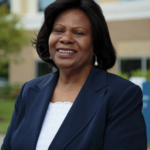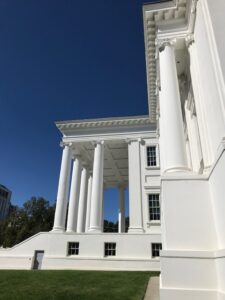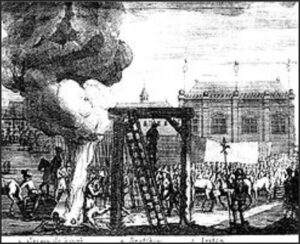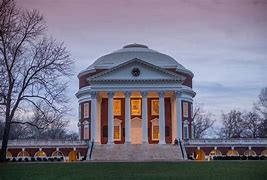by Timothy Rarick
In Dr. Seuss’ classic book Horton Hatches the Egg, we are introduced to Mayzie, a lazy bird who is also an expectant mother. She loathes the work and responsibility that come with taking care of her developing baby within the egg. She eventually convinces Horton the elephant to take care of her egg so she can take a short vacation. As Horton nurtures the baby bird through many difficult circumstances, it becomes clear that the lazy Mayzie had no intention of returning any time soon. When their paths crossed again a year later, the egg burst open and — to both Horton and Mayzie’s surprise — the baby appeared to be part elephant and part bird.
On the surface, this story is amusing but unbelievable. An adoptive parent’s influence cannot alter the physical DNA of their child. But if we look deeper, we discover some profound lessons for parents today. These lessons might be put in the form of questions, such as:
— How much influence does a parent really have over their child’s development?
— Who should be the child’s primary educator and influencer?
— What and how is the child being taught from that primary source?
Of course, these ideas and questions did not originate with Dr. Suess. For decades, research and theory have explored similar questions about child development. The eminent developmental theorist Urie Bronfenbrenner, posited that a child is influenced, or socialized, in multiple contexts or sources. The primary influencers being the immediate environment such as the home, schools, neighborhood, etc. In a 1992 interview, Dr. Bronfenbrenner made a profound statement that appears to offer an answer to the first two questions above. “The more we study human development,” he wrote, “the more it becomes clear the family is the most powerful, most humane and, by far, the most economical way of making human beings human.”
His theory was developed at a time when schools and parents were much more in sync with one another. Today, there appears to be growing discord over whether parents or the state (i.e., public schools) should be the primary influencer and educator of children. Although many parents today are not as irresponsible as Mayzie, how a parent answers these questions has never been more critical.
These questions relate not only to parental responsibility but also parental rights. Parental rights expert, Dr. Melissa Moschella, posed the questions this way:
Do the right and the responsibility to educate children belong primarily to parents, or to the state? And who should win when parents and the state disagree over educational content, methods, and goals? Disputes about parental rights are ultimately disputes about authority. Either child-rearing authority fundamentally resides in the political community (which partially delegates that authority to parents), or parental authority is natural and pre-political, based on the nature of the parent-child relationship.
Virginia: Ground Zero
The past decade in Virginia is a model for addressing the tension in these questions. In 2013, a Virginia law was passed that protected the fundamental right of parents to make decisions concerning the upbringing, education, and care of their child. Since the 2021 election of Virginia’s first Republican governor in more than a decade, the push for parental rights has been moving forward. Governor Glenn Youngkin’s efforts, such as allowing parents to opt their children out of assignments that contain sexually explicit material, are an important step in getting parents actively involved in their children’s education to be the influential source that Bronfenbrenner asserted they are. Continue reading →




 by Bill Bolling
by Bill Bolling


 by James C. Sherlock
by James C. Sherlock by James C. Sherlock
by James C. Sherlock
